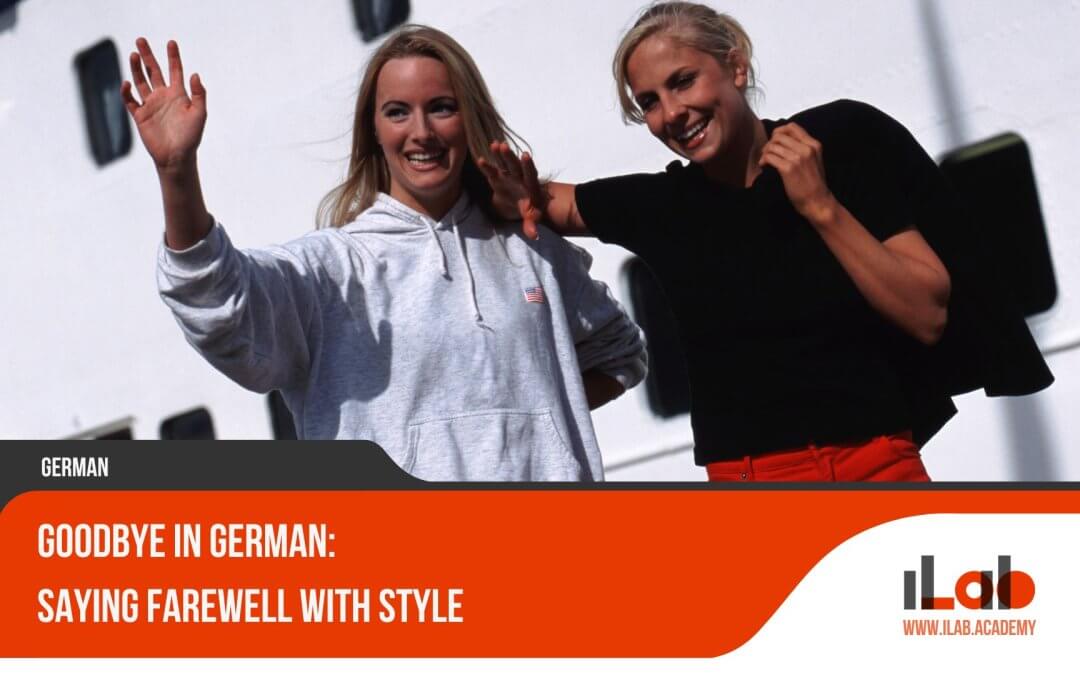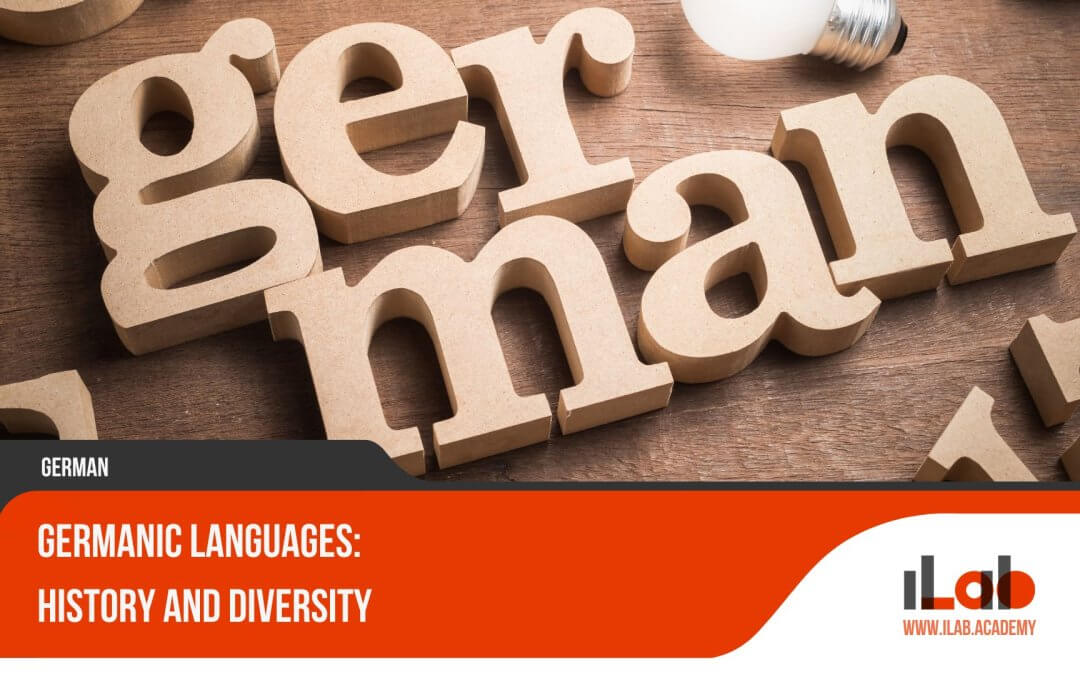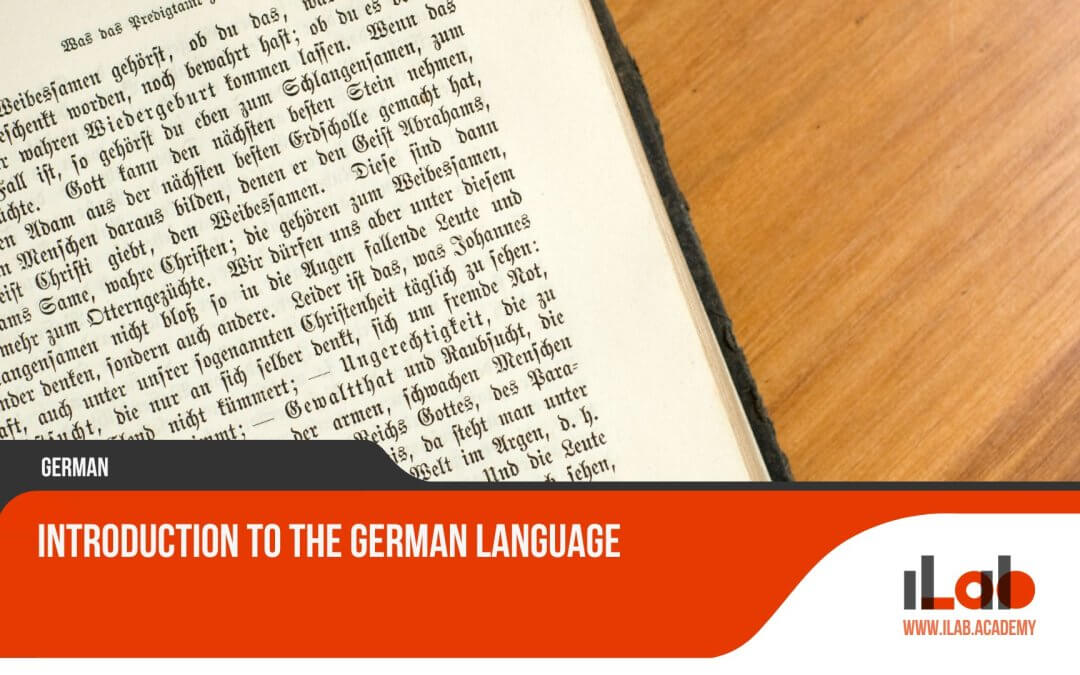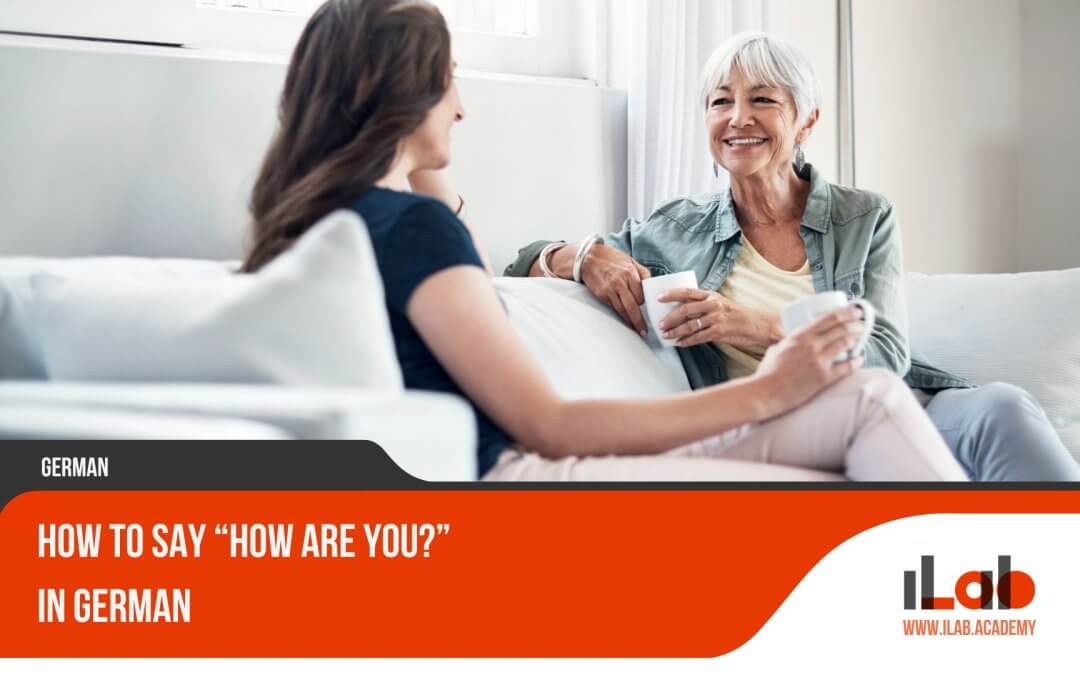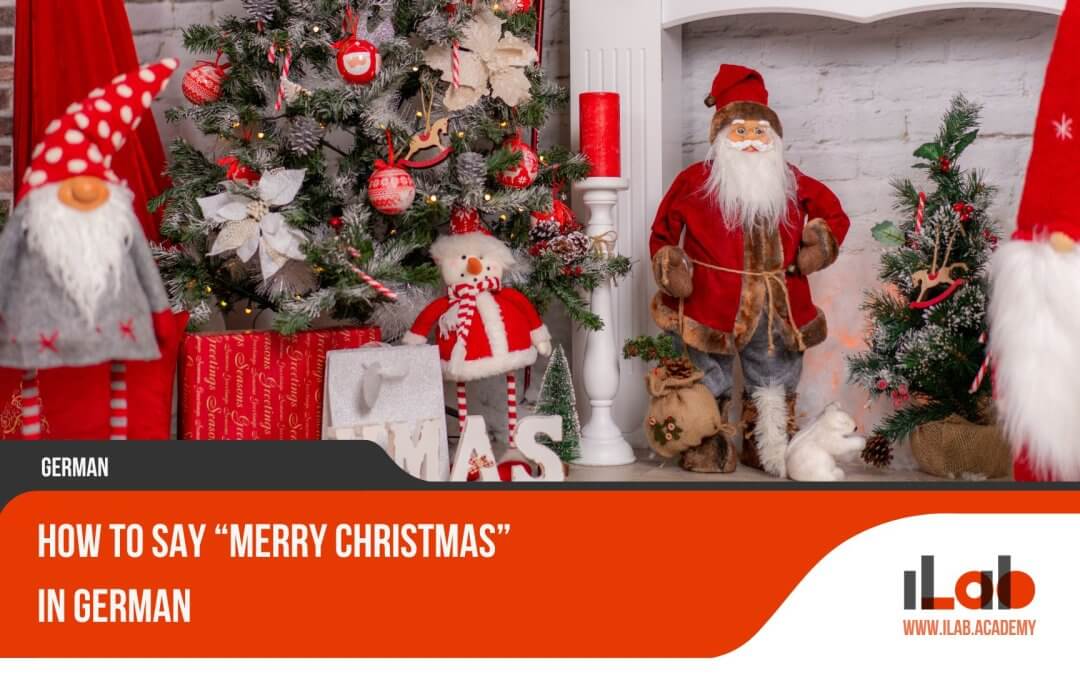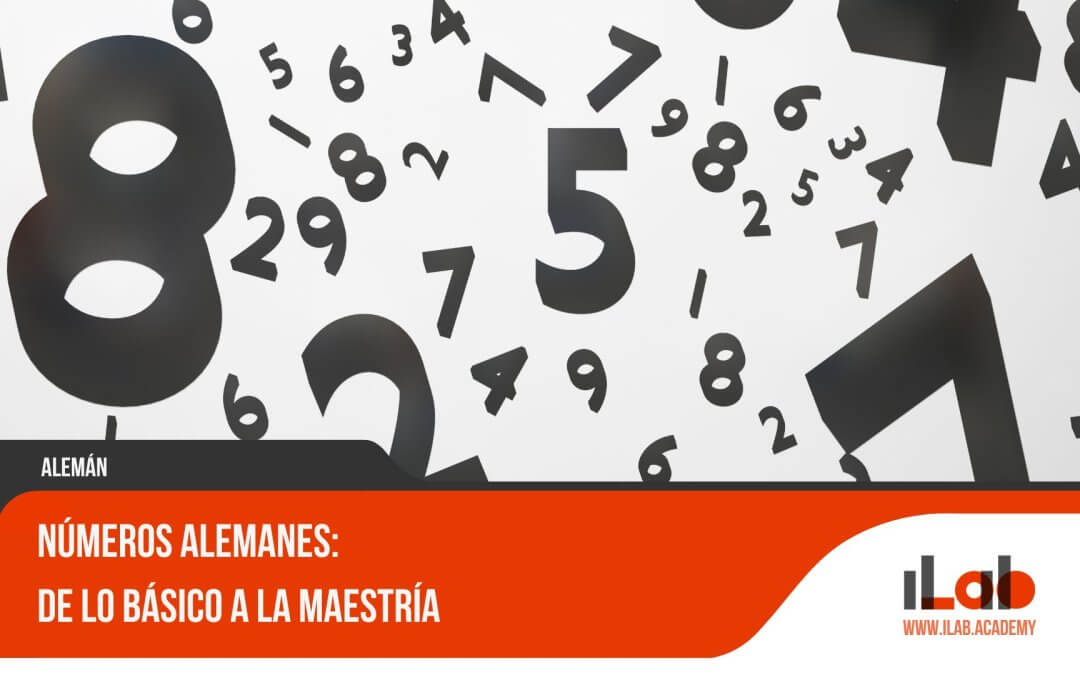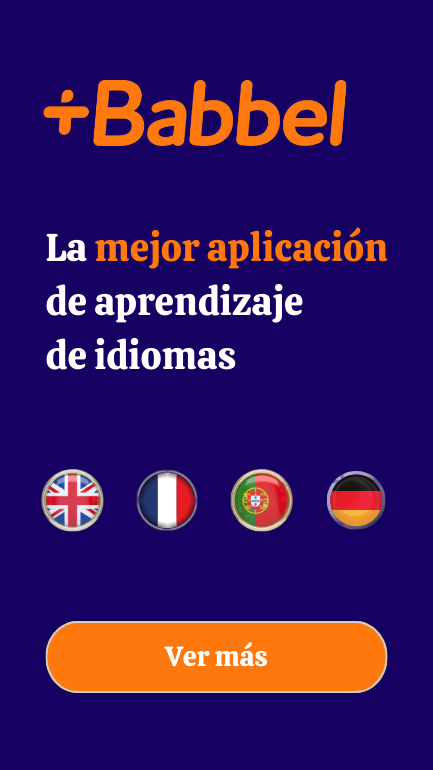Table of contents
Navigating German shopping scenes is like piecing together a linguistic puzzle; it’s both a challenge and a delight. I’ve spent countless hours mingling with locals, and I’ve learned that knowing the right phrases can smooth out any retail experience. In this guide, I’ll share the phrases that have unlocked doors for me, from a warm “Guten Tag” to a polite “Wie viel kostet das?” Whether you’re trying to find the perfect souvenir or simply need a new pair of shoes, I’ve got you covered. I’ll walk you through the basics of polite shop talk, help you ask for what you need, and teach you how to wrap up your purchases with a friendly “Danke schön.” Let’s get you ready for your German shopping spree with phrases that will make you feel like a local.
Key Takeaways
- The article aims to equip readers with essential German shopping phrases to enhance their shopping experience and effectively communicate with staff.
- The article will cover greetings and basic etiquette in German shops, asking for assistance, describing what you’re looking for, inquiring about price and deals, addressing quality and guarantee, making purchases, handling returns and exchanges, navigating markets and outdoor vendors, and concluding transactions and saying goodbye.
- The author’s background in language studies and law gives them a unique perspective on the intricate relationship between language and culture.
- The author maintains a neutral and unbiased stance in their writing, sharing knowledge based on personal experiences, research, and expert analysis.
Greetings and Basic Etiquette in German Shops
In every German shop I’ve entered, a simple ‘Guten Tag’ or ‘Hallo‘ is the key to a warm welcome and sets the tone for a polite interaction. It’s more than just common courtesy; it’s a cultural norm that acknowledges the presence of the staff and fellow shoppers. When I approach the counter or need to catch a salesperson’s attention, a respectful ‘Entschuldigung,’ which means ‘excuse me,’ always does the trick, without seeming pushy.
I’ve learned that addressing someone with ‘Sie’ rather than ‘du’ is crucial in maintaining formality, especially with strangers. This distinction between the formal ‘you’ and the informal ‘you’ is a staple in German etiquette, and it’s one I always keep in mind during my exchanges. In smaller boutiques or family-run shops, after a few visits, the owners might suggest switching to ‘du’, but I wait for them to offer this sign of familiarity.
Cultural norms dictate a level of politeness that goes beyond just the initial greeting. When asking for assistance, I’ve found that prefacing my request with ‘Könnten Sie mir bitte helfen?’ (‘Could you please help me?’) is received with much more enthusiasm than a blunt demand would be. It’s a small addition that emphasizes courtesy and often leads to a more helpful response.
I make it a point to thank the staff with a heartfelt ‘Danke schön’ after they’ve assisted me, and before leaving, I say ‘Auf Wiedersehen,’ which translates to ‘goodbye.’ This final touch reaffirms the pleasant nature of the interaction and leaves a positive impression, ensuring that my next visit will be just as welcoming.
Asking for Assistance
While navigating the aisles of a German supermarket or browsing through a local boutique, I’ve often found myself needing assistance to locate an item or get more information. In these moments, knowing how to ask for help politely in German is not just practical, it’s also a sign of respect towards the staff.
My go-to phrase is usually “Entschuldigen Sie, können Sie mir helfen?” which means “Excuse me, can you help me?” It’s direct and respectful, making it clear that I’m seeking assistance. If I’m looking for a specific item, I might say, “Ich suche etwas Bestimmtes, können Sie mir zeigen, wo es ist?” translating to “I’m looking for something specific, can you show me where it is?”
Sometimes, I might need to inquire about different sizes or colors. In that case, I ask, “Haben Sie das auch in einer anderen Größe oder Farbe?” which means “Do you have this in another size or color?” It’s also useful to know how to ask for the fitting rooms: “Wo sind die Umkleidekabinen?” or “Where are the changing rooms?”
When I need more detailed information about a product, I don’t hesitate to ask, “Können Sie mir mehr über dieses Produkt erzählen?” meaning “Can you tell me more about this product?” The staff are usually happy to share their knowledge, and this often leads to getting better recommendations.
Understanding these phrases has made my shopping experiences in Germany smoother and more enjoyable. With the basics of asking for help covered, I’m ready to delve into the next step—describing exactly what I’m looking for.
Describing What You’re Looking For
Once you’ve caught the attention of a shop assistant, it’s time to articulate precisely what you’re after, whether it’s a ‘Kleid in Größe 38’ or a ‘rotes T-Shirt’. German shop assistants appreciate directness, so I make sure to describe what I’m looking for with as much detail as possible. This doesn’t just help them guide me to the right product, but it also shows respect for their time and expertise.
To be efficient, I use specific phrases. For example, I might say, “Ich suche einen schwarzen Pullover aus Wolle” if I’m in need of a black wool sweater. Or if I’m looking for shoes, I could specify, “Haben Sie diese Schuhe in Größe 42?” It’s important to know some vocabulary related to clothing and accessories to make the conversation smoother.
Here’s a quick list of phrases I keep handy:
- “Ich benötige ein Hemd mit langen Ärmeln” – I need a shirt with long sleeves.
- “Haben Sie diese Hose auch in anderen Farben?” – Do you have these pants in other colors?
- “Ich interessiere mich für die neueste Kollektion” – I’m interested in the latest collection.
- “Zeigen Sie mir bitte etwas Ähnliches” – Please show me something similar.
- “Gibt es dazu passende Accessoires?” – Are there matching accessories for this?
Using these phrases not only helps me find what I’m looking for, but also allows me to practice my German in a real-world setting. It’s a win-win situation where I enhance my language skills while getting my shopping done.
Inquiring About Price and Deals
Regarding price inquiries and special offers, I always ensure to ask, ‘Wie viel kostet das?’ or ‘Gibt es einen Rabatt?’ to get the best deal possible. Knowing how to ask about prices and discounts is crucial when I’m on the lookout for bargains or trying to stick to a budget. When I see something I like, I don’t hesitate to inquire about the cost. It’s straightforward, and the question often leads to a discussion about payment options, which could be cash, credit card, or mobile payment methods.
Sometimes, I come across items without a visible price tag. In such cases, I approach the staff and ask, ‘Entschuldigung, können Sie mir den Preis für diesen Artikel sagen?’ which means ‘Excuse me, can you tell me the price for this item?’ I find that being polite goes a long way in any shopping interaction.
I also make it a point to ask about ongoing promotions or sales. The phrase ‘Ist das im Angebot?’ which translates to ‘Is this on sale?’ is particularly useful. Sales associates are often happy to inform me about current deals, and sometimes they even point out additional items that I might not have noticed.
Before making a purchase, I always ask ‘Kann ich mit Karte zahlen?’ to confirm if I can pay by card, as not all small shops accept them. It’s also helpful to know the return policy, so I make sure to ask ‘Wie ist Ihre Rückgaberichtlinie?’ in case I need to bring something back.
Addressing Quality and Guarantee
When I’m concerned about the durability or authenticity of a product, I always ask, ‘Können Sie mir etwas zur Qualität und Garantie sagen?’ to ensure I’m making a wise investment. This question opens up a conversation about the product’s quality and the kind of guarantee or warranty that comes with it. It’s crucial for me to know that what I’m buying is not only worth the price but also has a safety net in case something goes wrong.
In Germany, quality and guarantees are taken seriously, and I’ve found that store clerks are usually well-informed about the products they sell. Still, it’s always good to know what to ask, especially since product warranties can vary greatly. Here’s what I usually inquire about to get a clear picture:
- ‘Wie lange ist die Garantiezeit?’ (How long is the warranty period?)
- ‘Ist die Garantie international gültig?’ (Is the warranty valid internationally?)
- ‘Was deckt die Garantie ab?’ (What does the warranty cover?)
- ‘Kann ich die Garantieunterlagen sehen?’ (Can I see the warranty documents?)
- ‘Gibt es eine Geld-zurück-Garantie?’ (Is there a money-back guarantee?)
These questions help me understand the level of protection for my purchase. If I’m buying electronics or high-value items, I’m particularly meticulous in getting these details. Knowing the warranty period, coverage, and whether I can get a refund makes me feel more secure about my purchase. It reassures me that I’m shopping with retailers who stand behind their products, and it gives me a sense of consumer empowerment in a foreign country.
Making Purchases
After ensuring the product’s quality and warranty details, I’ll move on to the actual purchase, starting with the phrase ‘Ich möchte dies bitte kaufen’, which means ‘I’d like to buy this please’. This simple, polite expression shows my decision and often prompts the cashier to start the payment process. If I’m curious about different payment methods, I’ll ask ‘Welche Zahlungsmethoden akzeptieren Sie?’, to find out which options are available.
When the total amount comes up, and I’m ready to pay, I’ll say ‘Ich zahle bar’ for cash payments or ‘Ich zahle mit Karte’, if I’m using a card. Sometimes there’s a minimum amount for card payments, so it’s handy to ask ‘Gibt es einen Mindestbetrag für Kartenzahlungen?’ to avoid any surprises. If I’m part of a loyalty program or I suspect there might be one, I’ll inquire with ‘Haben Sie ein Treueprogramm?’. Joining could offer me future discounts or perks.
Before leaving the counter, I’ll make sure to request a receipt by saying ‘Könnte ich bitte einen Beleg bekommen?’. It’s important for keeping track of my purchases, and I’ll need it in case I decide to return something. Speaking of returns, I’ll always check the return policy when I’m buying items, especially clothes or electronics. A quick ‘Wie ist Ihre Rückgaberichtlinie?’ ensures that I understand the timeframe and conditions for returns or exchanges.
Handling Returns and Exchanges
Before delving into new purchases, I’ll address how to handle returns and exchanges in German stores. Returning an item can be daunting, especially if you’re not fluent in the local language. But, it’s crucial to know your rights as a consumer and how to express yourself clearly to avoid any miscommunication.
When I’m in Germany, I make sure I’m polite yet clear about my intentions. I’ve compiled some phrases and tips that I’ve found useful in these situations:
- “Ich möchte diesen Artikel zurückgeben.” (I would like to return this item.)
- “Kann ich das gegen eine andere Größe umtauschen?” (Can I exchange this for a different size?)
- “Das ist beschädigt.” (This is damaged.)
- “Haben Sie eine Rückgaberichtlinie?” (Do you have a return policy?)
- “Könnte ich bitte eine Gutschrift erhalten?” (Could I please get a store credit?)
Remember to keep your receipt, as most stores will ask for it when processing a return or exchange. It’s also a good idea to check the store’s return policy before making a purchase. Policies can vary widely in Germany, from a few days to several weeks.
If you’re unsure about an item, don’t hesitate to ask for clarification on the return policy right there and then: “Können Sie mir die Rückgaberichtlinie erklären?” (Can you explain the return policy to me?)
Handling returns and exchanges in a German store doesn’t have to be complicated. With these phrases and a confident approach, I’ve managed to navigate this aspect of shopping without much trouble. Clear communication is key, and it’s always appreciated when you make an effort to speak the local language.
Navigating Markets and Outdoor Vendors
Transitioning from store-based returns to the vibrant atmosphere of outdoor markets, I’ve learned that a different set of phrases is key for successful haggling and interaction with vendors. Outdoor markets in Germany are a sensory delight, with their array of fresh produce, handmade crafts, and local specialties. But to truly immerse myself in the market experience, it’s crucial to master some key German phrases that convey respect and foster good relationships with the vendors.
When I approach a stand, I start with a friendly “Guten Tag” or “Hallo”, which is always well received. It’s polite to ask the vendor, “Können Sie mir bitte helfen?” (Can you help me, please?) before diving into specifics. If something catches my eye, I might inquire, “Was kostet das?” (How much is this?) to kick off the negotiation process. It’s helpful to know numbers well to follow the conversation.
Haggling is an art, and in Germany, it’s usually subtle. I’ve found it effective to ask “Ist der Preis verhandelbar?” (Is the price negotiable?) with a smile. If I’m offered a discount, responding with a grateful “Danke, das ist sehr freundlich von Ihnen” (Thank you, that’s very kind of you) acknowledges the vendor’s gesture and builds rapport.
When I’ve made my choices and it’s time to pay, I ask “Kann ich mit Karte zahlen, oder muss ich bar bezahlen?” (Can I pay with card, or do I need to pay in cash?) as many market vendors prefer cash. Engaging with vendors using these phrases not only makes the shopping smoother but also enriches the cultural experience.
Now, with my items carefully selected and my wallet a bit lighter, I’m ready to move on to concluding the transaction and saying my goodbyes, ensuring I leave a lasting impression for my next visit.
Concluding Transactions and Saying Goodbye
With my shopping complete, I ensure to end my interactions with the vendors on a positive note by expressing my gratitude and saying farewell properly. It’s not just about being polite; it’s about establishing a rapport that could make my next visit even more pleasant. After all, a friendly “Tschüss” or “Auf Wiedersehen” can go a long way.
Before I leave, I make sure to cover a few key phrases that leave a lasting impression:
- Danke schön – “Thank you very much.” I say this with a smile to show my appreciation for the service.
- Es war alles super, danke! – “Everything was great, thank you!” This lets the vendor know I’m satisfied with my experience.
- Ich komme bestimmt wieder. – “I will definitely come back.” It’s a nice way to signal that I’ve enjoyed shopping there.
- Kann ich die Quittung bitte haben? – “May I have the receipt, please?” It’s always good to have proof of purchase, just in case.
- Haben Sie noch einen schönen Tag! – “Have a nice day!” This is a pleasant way to wrap up the conversation.
Each phrase is an opportunity to connect and show respect for the local customs. I’ve found that the better my interactions with the staff, the more enjoyable my shopping experience is. After all, language isn’t just about words; it’s about the relationships they help us build. So, every time I conclude my shopping in Germany, I do it with a friendly word and a sincere smile, knowing it’s the perfect endnote to my outing.
Frequently Asked Questions
How Do I Handle a Situation Where I Don’t Understand the Salesperson’s Response Due to the Speed or Complexity of Their German?
When I don’t understand what a salesperson says because they’re speaking too fast or it’s too complex, I politely ask them to repeat themselves slowly. I’ll say, “Können Sie das bitte langsamer wiederholen?” It’s a simple request that usually gets me a clearer response. If I’m still struggling, I might ask for clarification or if they can speak in simpler terms, “Können Sie das vereinfachen?” This way, I can follow the conversation better.
What Are Some Tips for Managing Communication if I Have a Strong Foreign Accent That Might Make Understanding My German Difficult for Local Shopkeepers?
When I speak German with a strong foreign accent, I make sure to speak slowly and clearly. I focus on enunciating each word and I’m not shy about asking for repetition or clarification if needed. I also use simple phrases and familiar vocabulary to minimize confusion. Gestures can help convey my meaning, and I always keep a translation app handy just in case. Patience is key on both sides of the conversation.
Are There Any Specific Taboos or Cultural Sensitivities I Should Be Aware of When Shopping in Germany to Avoid Offending Store Personnel or Other Shoppers?
When I’m shopping in Germany, I’m extra mindful of cultural nuances. It’s crucial not to be overly loud or intrusive as Germans value privacy and personal space. I always remember to queue politely and avoid pushiness. It’s also good form to greet staff upon entering and to be respectful throughout my visit. Staying patient and not rushing staff or other shoppers helps maintain a pleasant atmosphere.
How Can I Effectively Communicate if I Need to Report a Problem or Incident Within a Store, Such as a Spill or a Suspicious Activity?
If I witness a problem or suspicious activity in a store, I’ll promptly find an employee and clearly state, “Entschuldigung, ich muss etwas melden.” This means “Excuse me, I need to report something.” I’ll describe the issue concisely, ensuring I’m understood. It’s important to stay calm and provide details like location and nature of the incident, so they can address it quickly and ensure everyone’s safety.
What Is the Appropriate Way to Ask for Help in German if I Have Special Needs or Require Accessibility Assistance While Shopping?
When I need special assistance while shopping, I make sure to communicate my needs clearly. I’d approach an employee and say, “Entschuldigen Sie, ich brauche Hilfe wegen meiner Behinderung. Können Sie mir bitte assistieren?” This translates to “Excuse me, I need help due to my disability. Can you please assist me?” It’s direct and respectful, ensuring I get the necessary support while being mindful of cultural norms.
Conclusion
After exploring the German shopping scene, equipped with these phrases, I’m more at ease striking up conversations and making purchases. I engage with locals, uncover great deals, and ensure my shopping is hassle-free. Whether I’m navigating crowded markets or intimate boutiques, these linguistic gems transform my experience. So, next time you’re shopping in Germany, use these handy expressions. You’ll not only buy what you need but also savor the rich cultural exchange. Tschüss und frohes Einkaufen!





